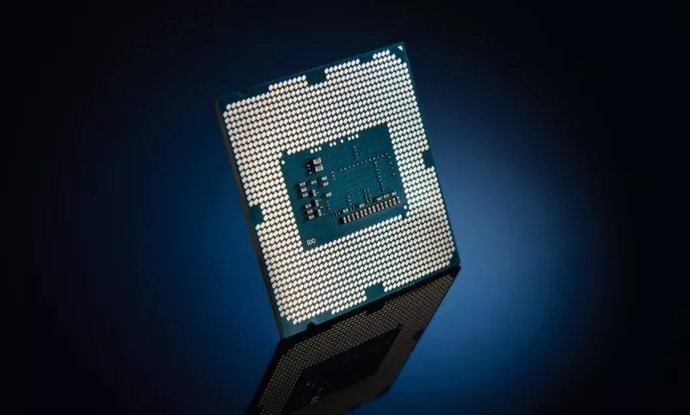Intel Rocket Lake FAQ: What you need to know about the upcoming CPUs
Can Rocket Lake blast Intel ahead of AMD?

Intel is getting beaten up by AMD in the CPU market over the last few years. That said, Intel Tiger Lake 10th gen chips continue to offer sturdy competition against AMD and now CES 2021 has shown us the beginnings of how Intel plans to respond to continued pressure with the introduction of Rocket Lake 11th Gen S-Series chips.
At first blush, some of the figures might seem a little confounding as it’s not all straight-forward improvements for Intel’s next generation. Intel’s plan to fight back includes rolling back to a 14-nanometer process from a previous generation vs. Ryzen 5000’s 7nm, and to use an 8-core processor to Ryzen’s 16 cores.
So what gives?
New 14nm Cypress Cove architecture
Part of the answer is that CPUs are complicated and a smaller process size isn’t a perfect measure of improvement. Make no mistake, even though we only have Intel’s own claims and early leaked benchmark specs for Rocket Lake to go by, Ryzen 5950X owners probably won’t need to sweat. However, Cypress Cove is a brand new architecture that still brings a lot of improvements to the table even if it’s not going to sit on top of the mountain.
Cypress Cove brings PCIe 4.0 to Rocket Lake, giving a performance boost to m.2 SSDs and other similarly attached components. During their CES presentation, Intel claimed next-gen Xe Graphics will bump performance in this category by 50%; it announced VNNI DeepLearning AI-assisted processing, improved DDR4-3200 memory and capability to run three displays at 4K 60 frames per second using the latest DisplayPort and HDMI standards.
Release Dates and Price
We don’t have any confirmation on price yet from any official sources, but we should expect to have them soon. Intel officially stated a Q1 2021 release for Rocket Lake desktop products, but some motherboard manufacturers have already indicated a more specific March release window. Mobile versions of the processor have yet to be officially disclosed, so expect details on laptop configurations to come a little later in the same way they did for the Ryzen 5000 CPUs.
Performance Outlook
Rocket Lake 11th Gen CPUs, according to the early leaks at least, should outperform their 10th Gen Tiger Lake equivalents despite the “backported” architecture. Compared to AMD, Intel has generally favored single-threaded performance and overclocking and it looks like those two aspects will still hold true for Rocket Lake. While multi-thread processing will probably go AMD’s way, gaming applications should see a big benefit from a stronger single-thread-capable CPU since that’s the way many games are still designed to work. However, with Ryzen CPUs sitting at the heart of both PS5 and Xbox Series X and S, that’s all beginning to change.
Sign up to receive The Snapshot, a free special dispatch from Laptop Mag, in your inbox.
Alder Lake 10nm Process Coming Soon
Rocket Lake will be followed later this year by Alder Lake, a 10nm process that will use a completely different approach to architecture and CPU core design to help close the gap AMD has created. PCIe 5.0 and DDR5 memory have both been announced for Alder Lake processors, making the 10nm chips a much bigger step forward compared to Rocket Lake.
